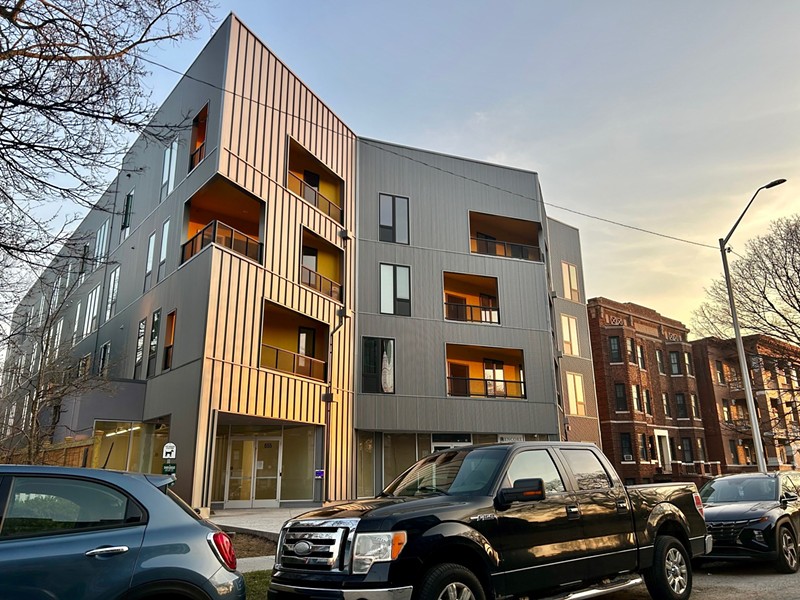Gone are the days when homes in Detroit were absurdly cheap.
Now, even reasonably priced houses are hard to come by.
Metro Detroit now has the most overpriced housing market in the U.S., according to researchers at Florida Atlantic University and Florida International University.
The study shows that 40.8% of homes in the Detroit region are overvalued compared to their long-term pricing trends. The area beat out the Atlanta region for the most overvalued homes.
Driving up the values, no doubt, is Detroit, once known for having $500 houses, where home values grew by $3.9 billion between 2014 and 2022, according to the University of Michigan’s Poverty Solutions. In fact, housing values in Detroit increased every year since 2017.
The growth shows that demand for homes is finally rebounding following six straight decades of population losses. And for the first time since the 1950s, the population in Detroit increased, according to U.S. Census estimates released in May.
In 2014, the year Mayor Mike Duggan took office, residential values were plummeting and had lost an estimated $3 billion in value since 2010. But as the city went through municipal bankruptcy, deep-pocketed investors like Dan Gilbert and the Ilitch family began pumping big money into real estate in downtown, Midtown, Brush Park, Corktown, and the riverfront — areas where home values have risen the most.
But researchers say Detroit’s home values are bound to decline at some point in the future.
“Rents are still growing in Detroit, signaling that home prices are likely to continue to grow for the near future,” Ken H. Johnson, a real estate economist in FAU’s College of Business, told the university’s Newsdesk for a summary of the study on Monday “Detroit, however, does not have the same factors of supply and demand as South Florida and other parts of the Sun Belt where the housing market is bolstered by rampant demand from newcomers and population growth to sustain their housing prices. Eventually, prices will return to their long-term trends, but how they get there is the open question – will prices crash as they did after the last housing cycle’s peak or will home prices flatten out and slowly work their way back to the area’s trend? It will be one of the two.”
While growth near downtown has been robust, many of the city’s neighborhoods are a different story. For example, a disproportionate number of Black residents are living in neighborhoods dominated by blight, abandonment, and crime. The number of middle-class neighborhoods in Detroit shrunk from 22 in 2010 to 11 in 2020, leaving longtime residents with fewer options to find a decent place to live.
The areas where white people are flocking are getting more expensive, displacing Black businesses and residents.
Over the last decade, the median income of white Detroiters rose 60%. For Black Detroiters, the increase was 8%, according to Detroit Future City, a think tank that develops strategies for a more equitable city.
As part of a series Metro Times published last year about the growing racial and economic disparities in Detroit, we talked to Black residents who fled the city and asked them why they left. Overwhelmingly, those we spoke to said they couldn’t find decent-paying jobs in the city. By contrast, white newcomers are disproportionately getting employed by high-paying businesses.
Recognizing the racial and economic gap, Duggan has significantly increased the number of affordable housing options. But it’s nowhere near enough to meet the demand, and many Detroiters are finding it difficult to buy a home in the city.
Eli Beracha, PhD, director of FIU’s Hollo School of Real Estate, said housing prices are inevitably going to fall. It’s just a matter of when.
“Housing prices can and will re-stabilize. The only question is how local home prices will return to a given area’s long-term pricing trend,” Beracha said. “Will it be quickly with a precipitous fall in home prices extinguishing all worries of affordability? Or will prices flatten and slowly return to the area’s long-term trend sustaining equity values but creating considerable affordability problems?”


